Today, in our society, the safeguard of the ecosystem as a common good is an issue, which is becoming every day more relevant.
Being an activity with a notable correlation to environmental issues, food safety, health and respect for animal welfare, animal husbandry deserves particular attention in order to guarantee both its economic and environmental sustainability components.
The path followed by the EU legislation on the animal welfare of livestock breeding has progressively aligned itself to the improvement of mankind’s attitude towards animals as animal husbandry production. Complementary to this, year after year more people have become concerned about the ethical treatment of animals.
Even though this note focuses more on the farm level, it is necessary to stress that the animal welfare dimension concerns the whole food chain, and in particular, it is first and foremost at the slaughterhouse level, where a lot of attention is being paid by the public recently and where we should aim to table concrete proposals having an all-encompassing “food chain approach”.
As a matter of facts, since the final product may be affected at any stage of the food production process, a wide range of factors can impact on animal welfare, including housing, transport conditions and slaughter methods. Hence, in this regard, all sectors of the food chain are covered.
First of all, it is necessary to bear in mind that health and animal well-being are a clear prerequisite for farmers to supply safe products in the food market; and by improving living conditions for animals would also make European food and agricultural products more competitive within Europe and around the world. Thus, farmers are the first interested and willing to developing and providing good living-conditions to animals.
In today’s globalized context, both European farmers and food producers face competition from different countries, which often show lower animal welfare standards than those applied in the EU. Consequently, EU farmers are facing a commercial disadvantage, since they need to invest more to meet EU’s stricter rules.
EU bovine livestock farmers are struggling to survive with negative revenues without CAP subsidies and under the current conditions do not have the capacity to invest more. In addition to this, other EU livestock farmers have had to face high degree of market volatility and bearish financial conditions over the last years.
One concept that should be clearly taken into account is that without economic sustainability, neither environmental sustainability, nor food safety could be accomplished.
However, the social responsibility component in livestock production sustainability implies not only the improvement of animal health and welfare, but it is also linked with the efficiency concept.
On this basis, we should clearly develop a concrete ambition for the high-quality of EU livestock sector.
An option could be either the introduction of quality schemes or a better market segmentation, which must be able to address consumers’ concerns as well as being clearly in relation to animal welfare and industrial livestock production methods, while facilitating the marketing of the products.
Furthermore, nutritional and health related aspects around the consumption and production of animal products, should be addressed by policy-makers hand in hand with the necessity to secure the competitiveness of the EU farming and agricultural industry.
Effective communication systems and effective market segmentation are needed so that consumers are made fully aware of advances in quality, the environment, and animal well-being – and so that operators obtain a meaningful return on investment consistent with the market segment and the production infrastructure in place.
The evolution of the EU regulation, highlights the great importance of a balanced relationship between mankind and animals, which has induced legislative bodies to impose measures meant to discipline human interference.
Since the 70s, EU regulations have taken in great consideration the principles of safeguarding animal well-being, both with the adoption of the protocol on the protection and animal welfare within the EU Treaty, which set the principles and the scope of legislative intervention in regard to this matter. The protocol in particular recognizes the animals as “sentient beings” and it has encouraged programmes of EU action for the protection and animal welfare.
The EU regulation, therefore, was initially developed with a more general angle with respect to animal welfare, specifically for the productive sectors of the single bred animal or breeding system.
Later on, different economic studies, especially on poultry and pig sectors, have highlighted the increase in costs sustained by the operators, the impact on incomes as well as the overall competitiveness.
The regulation on animal welfare has led to the standardization of methods shaped around stringent structural definitions of the animal stalls, the available space, the density of herd, overall management, etc. This is in contrast with the necessary business choices that farmers need to adopt in order to adapt their production to the environmental characteristics of single areas, the different breeding practices in Europe and the control of production costs with regard to territorial resources.
The “diagnoses of animal welfare” would instead be better based upon solid foundations, with a direct and clear link to the living conditions, by adopting precise indicators, collected and elaborated according to a science-based approach.
This system should be envisaged and implemented not as an overburden for the producers, rather by applying a holistic and objective evaluation, that takes into account the various aspects of animal welfare (i.e. management of the animals, structure and equipment, the physical and behavioural state of the animal, etc..). Implemented as such, a comprehensive survey of the state of the animal welfare could be achieved and this would make possible to classify the farms and stimulate those farmers, who should improve their standards to avoid penalties.
Such an approach would be meaningful only if applied to all products available on the EU market, including imported products.
To wrap up, in order to safeguard the animal welfare dimension, while improving at the same time the economic sustainability of the EU farming sector, the European Union should consider how to base the future regulation on methods that allow a comprehensive evaluation of the level of animal well-being by conducting animal welfare inspections that focus on the animals themselves. This would give farmers more flexibility and better tools to determine how their livestock is actually being treated. Furthermore, this system would avoid penalizing farms for irregularities on single parameters which might not be relevant to the effective welfare state on the farm.
This approach can guarantee the respect of the safeguarding principles of animal well-being, allowing to find the best ways at farm level to increase animal welfare while increasing farm profitability and so competitiveness.
Such kind of evaluating systems have already been tested and studied by different European research institutes and have also proved to be adaptable to diverse realities, thus allowing flexibility with respect to the heterogeneity of EU production systems.
To conclude, it’s time for decision-makers to provide more proactive support to the livestock sector in all of its dimensions. This in order to help it coordinating its response to societal concerns and farmers’ needs and to communicate at the same time on results achieved, while highlighting the efforts already undertaken. This is the only way to meet the current and future demand for high quality protein in a sustainable way.

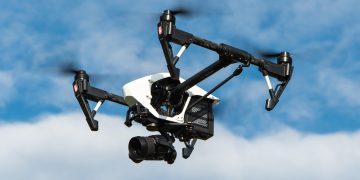
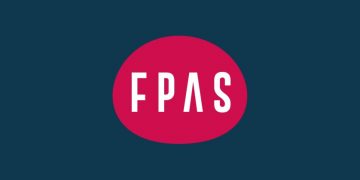
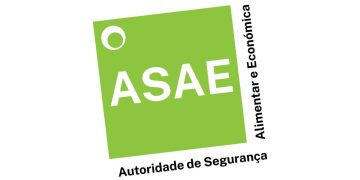

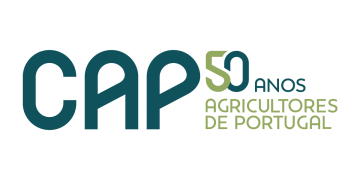

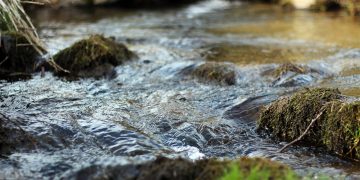












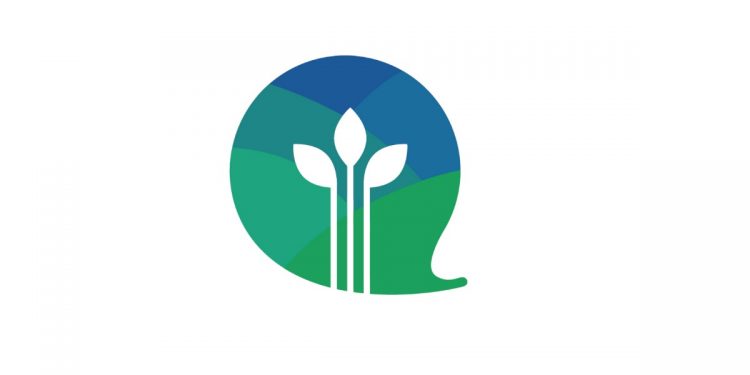
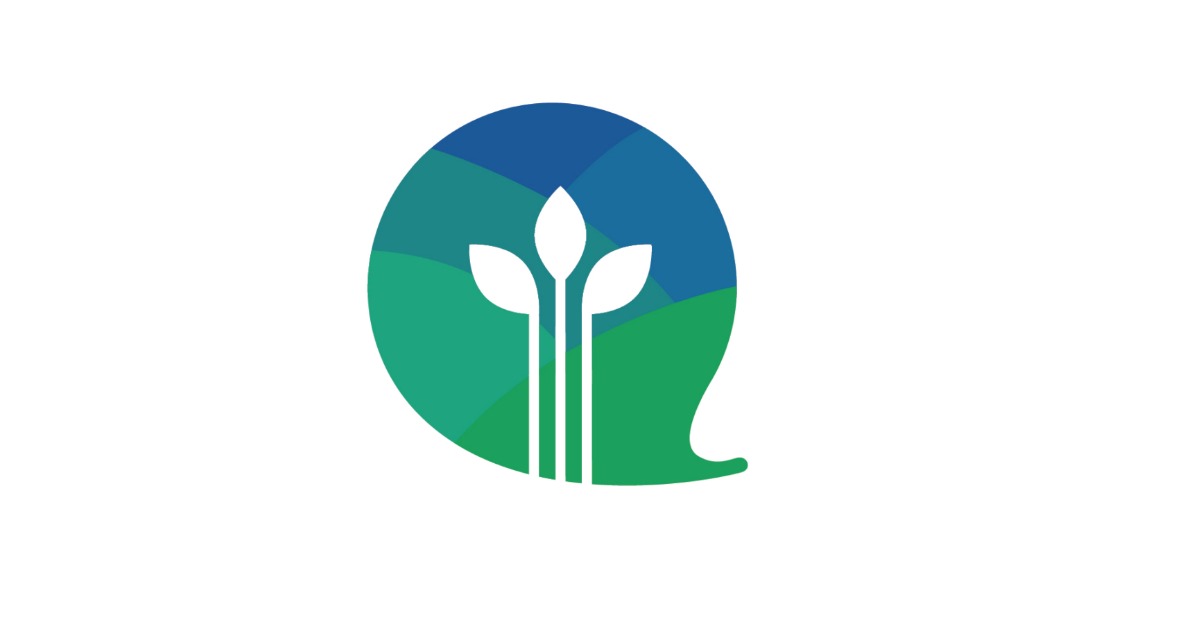
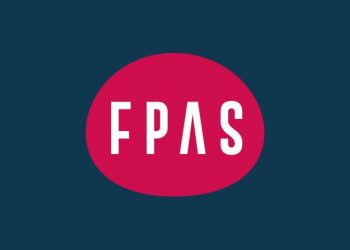
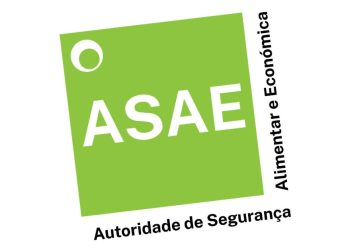



















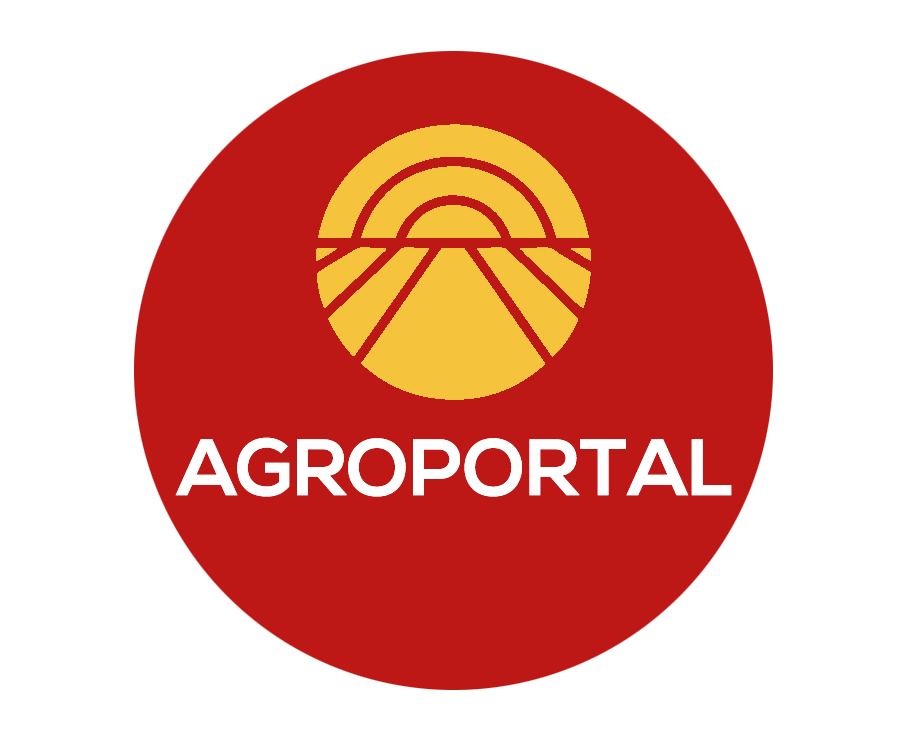







Discussão sobre este post